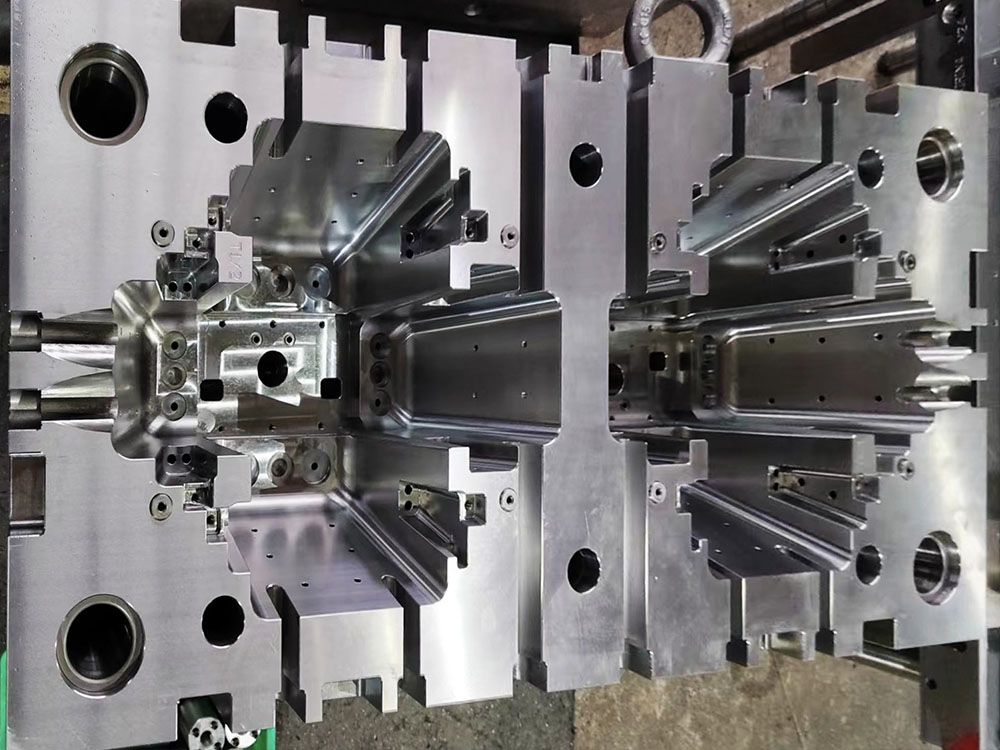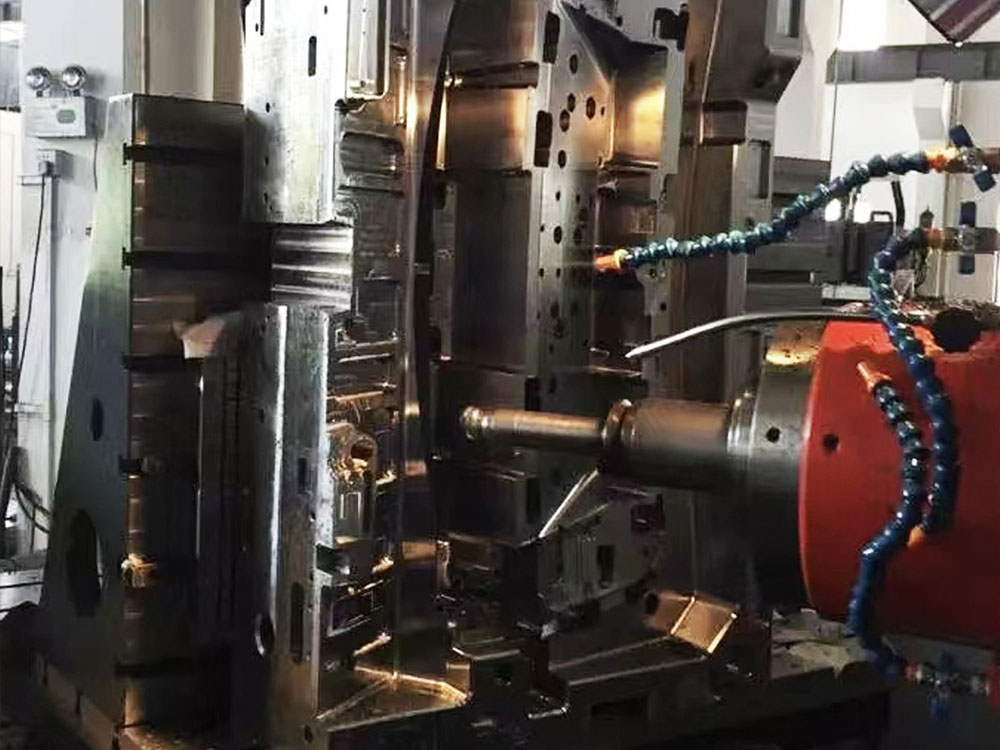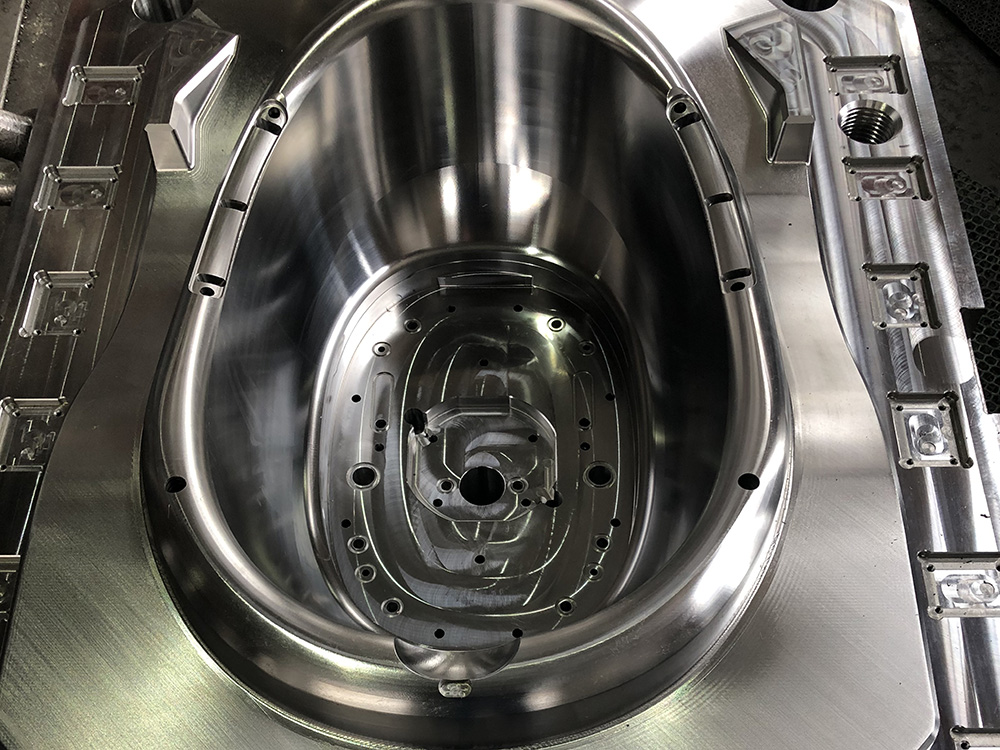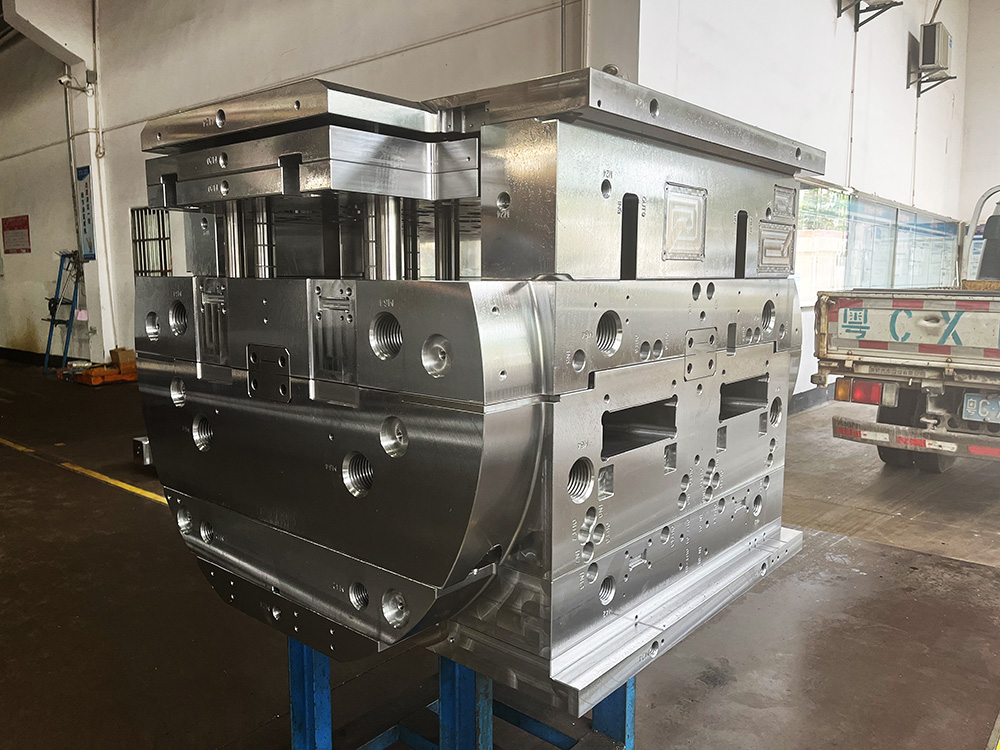What is Modular Processing in the Mold Base Industry?
Modular processing refers to a manufacturing approach that involves dividing the production process into separate modules or units, each performing a specific task. In the mold base industry, modular processing is widely used to streamline the manufacturing process, improve efficiency, and reduce costs.
One of the key advantages of modular processing in the mold base industry is its flexibility. With modular processing, manufacturers can easily customize the production process according to different requirements. Each module can be designed to handle a specific task, such as milling, drilling, or surface finishing. This allows for easier integration and automation of the manufacturing process.
Modular processing also enables manufacturers to achieve a high level of precision and accuracy. Each module can be optimized for a specific task, ensuring consistent and reliable results. This is particularly important in the mold base industry, where precision is crucial to ensure the quality of the final product.
Moreover, modular processing offers greater scalability and adaptability. As the demand for mold bases increases, manufacturers can simply add more modules to the production line to scale up the production capacity. Likewise, if there is a decrease in demand, modules can be easily removed or reconfigured to align with the new production requirements.
Another significant advantage of modular processing in the mold base industry is the reduction in lead time. By dividing the production process into separate modules, manufacturers can concurrently work on different tasks, minimizing the waiting time between each step. This not only speeds up the overall production process but also improves productivity.
Furthermore, modular processing enables better resource management. Manufacturers can easily allocate resources to different modules based on the specific requirements and workload. This ensures optimal utilization of resources, reduces idle time, and minimizes the risk of bottlenecks in the production process.
In addition to these benefits, modular processing also facilitates maintenance and repair activities. Since each module operates independently, maintenance can be conducted on specific modules without affecting the entire production line. This minimizes downtime and ensures continuous operation.
Overall, modular processing has revolutionized the mold base industry by enhancing efficiency, flexibility, and precision. Its modular nature allows for easy customization, scalability, and adaptability, while also reducing lead time and improving resource management. With these advantages, modular processing has become a quintessential approach in the mold base industry, significantly transforming the way mold bases are manufactured.




